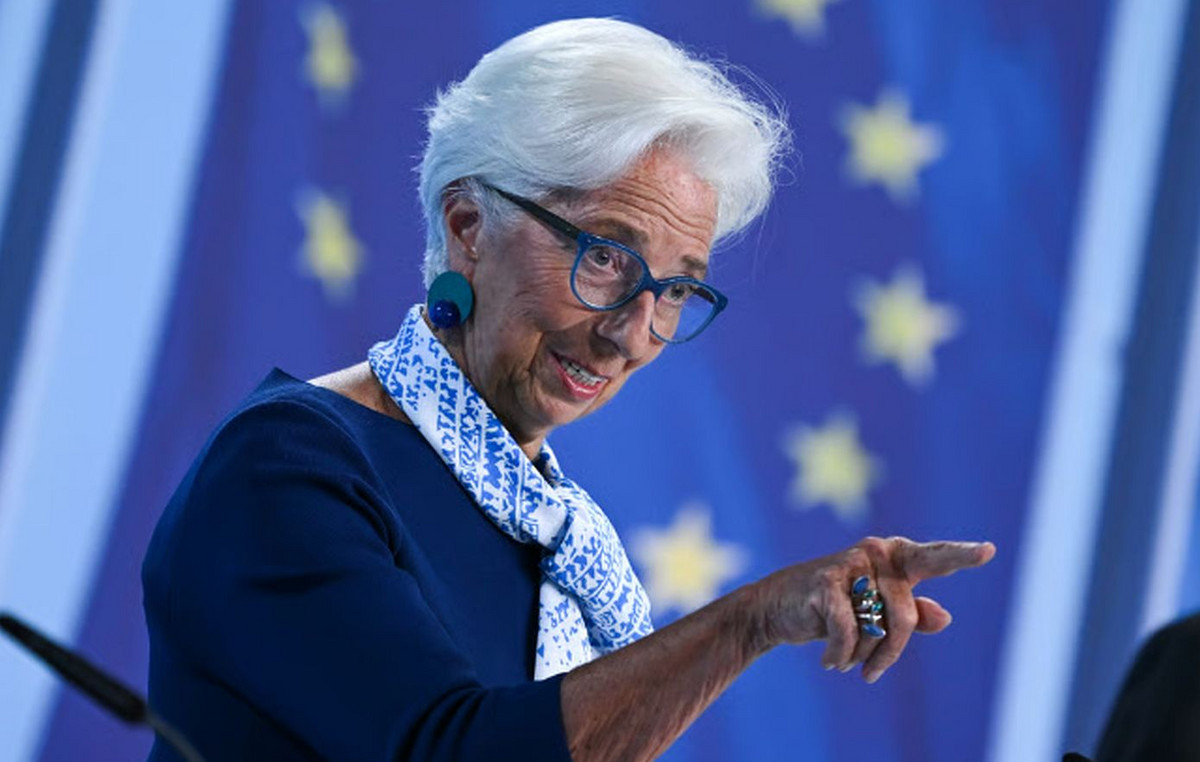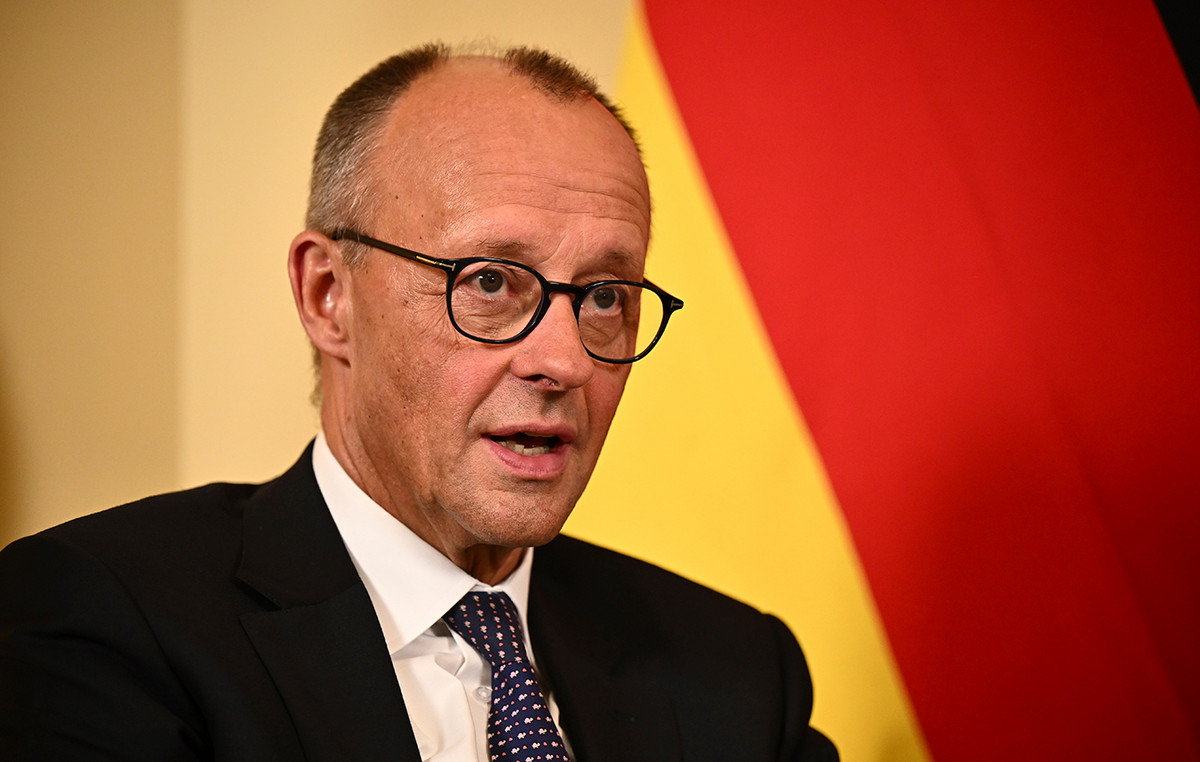The words of the past no longer matter. Yesterday’s sworn enemies become partners, rivals allies. Earlier in the week, Turkish President Tayyip Erdogan visited the United Arab Emirates, and next month the Israeli president is expected to pay an official visit to Ankara. Turkey’s rapprochement with Armenia also continues. Finally, Ankara seems determined to open a new diplomatic chapter in relations with President Al Sisi’s Egypt, which until recently was the target of heavy attacks on the Turkish-led press.
Everything shows that Erdogan wants to get out of the diplomatic isolation, to which his policies have led the country in recent years. It is clear that those in charge in Ankara are realizing that it is not in the country’s interest to create problems on many fronts at once. Mr Erdogan wants to present himself to the West as a cooperative leader, even as a mediator in international crises, such as last year in Afghanistan and now in Ukraine.
“The”challenges“ against Greece
It is striking that Greece – not to mention Cyprus – has no place in Mr Erdogan’s much-discussed “charm attack”. The exact opposite, one might say. In recent months, hostile actions against the neighboring country have increased. Hardly a day goes by without reports of Turkish “challenges” in the Greek press. These are usually airspace violations by Turkish fighters or drones over the Aegean. The recent statements of the Turkish Foreign Minister, who, referring to the militarization of the Greek islands, questioned the territorial sovereignty, caused new anger. In Washington and Brussels, Ankara’s review remarks were immediately rejected. Therefore, Turkey’s escalation policy can be described as a “diplomatic own goal”.
For reasons only conjecture can be made. Some analysts say Mr Erdogan wants to divert attention from the economic crisis in which his country is sinking. However, the main reason lies elsewhere and is related to Ankara’s long-term strategy towards Greece (and Cyprus), for which there is a rare consensus among Turkish political parties. In Cyprus the plan has been largely implemented. Challenging Greek sovereignty in the Aegean remains the next goal.
Ronald Maynardus
Dr. Ronald Maynardus is a political analyst, commentator and lead researcher at ELIAMEP. In the middle of itin the 1990s he had been its directorof Greek syntax Deutsche Welle
Source: Deutsche Welle
Source: Capital
Donald-43Westbrook, a distinguished contributor at worldstockmarket, is celebrated for his exceptional prowess in article writing. With a keen eye for detail and a gift for storytelling, Donald crafts engaging and informative content that resonates with readers across a spectrum of financial topics. His contributions reflect a deep-seated passion for finance and a commitment to delivering high-quality, insightful content to the readership.







